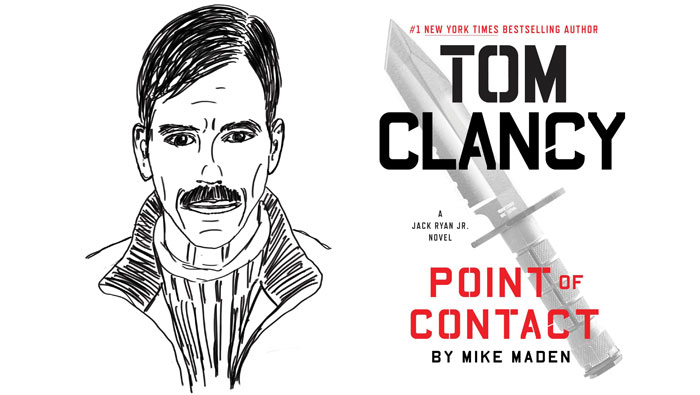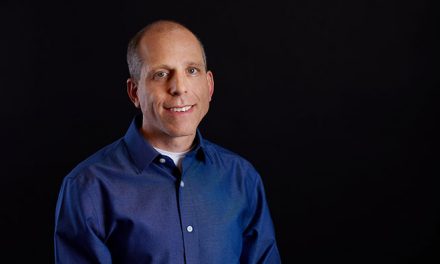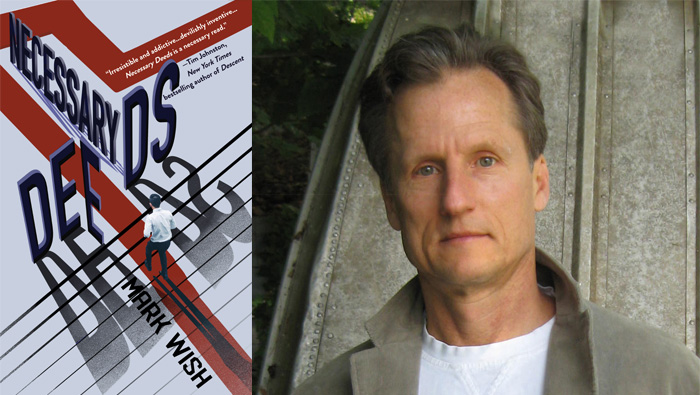
Succession Story
Already known in the literary world for his acclaimed Drone series, Mike Maden, M.A. ’85, Ph.D. ’90, is carrying on techno-thriller author Tom Clancy’s legacy with Point of Contact (G.P. Putnam’s Sons, 2017) and Line of Sight, due in June 2018. Here, he discusses his new assignment with UC Davis Magazine Editor Jocelyn Anderson.
Jocelyn Anderson: You succeeded two co-authors who wrote under Clancy’s name after his death in 2013. What made you want to take on this assignment?
Mike Maden: To have my name even associated with Tom Clancy’s is an honor and a privilege. It was offered to me, and of course it’s one of the greatest days of my literary life. But I hang up the phone and about 10 seconds later it becomes one of the most terrifying moments — now I have to do it. The great thing about this is that Tom Clancy has created some iconic characters and an amazing world, and so much of the structure is already in place for me to play with. I was allowed to let my imagination run wild within the context of established characters in an established story world. It was awesome.
JA: What are the challenges of continuing a well-known series?
MM: The guidance I was given was that the worst thing I could have done was try to step into Tom Clancy’s shoes. They’re just too big. You can’t imitate an original like Tom Clancy. So with great love and respect I was invited to write in my own voice and my own style, which I did. But always with an eye to remain faithful to the overall structure of the Tom Clancy universe.
JA: At UC Davis, you focused your studies on political science. Did you always want to parlay your expertise into writing fiction?
MM: Not at all. I always thought fiction writing was going to be harder than nonfiction because you have to make stuff up. In 2013, I published my first novel, Drone, and it turns out that my academic preparation was great preparation for a fiction-writing life. I still get to indulge my passion for history and conflict. But the difference is I’m also now able to root it in the realities of international politics. I’m also applying what I was taught at UC Davis about how to do research and pull things together and connect the dots.
JA: As an expert in conflict and the role of technology, you write about robotics warfare and artificial intelligence. How do you bridge fiction with reality?
MM: Quantum computers and artificial intelligence are completely transforming and disrupting not only military applications and security applications, but whole economies. Robots and automation are going to take away jobs. And there’s no question that the next big war is going to be AI generals and AI admirals fighting with drone fleets of tanks and planes and ships and submarines. To me, fiction is the perfect place to tell the truth.
JA: What words of wisdom have influenced your writing style?
MM: Alexander J. Groth, who is now professor emeritus in the political science department at UC Davis, was my dissertation chair. I’m so grateful for his mentoring. I remember on the first paper I wrote for him, he wrote, “Prolixity is no virtue.” Basically, quit running your mouth, write with concision and be precise in your language. He made me a much better writer with those four words.









